Technology has drastically impacted the way all of us travel. Adarsh explores 10 ways in which technological advancements have left an indelible mark on travel.
Except for a brief hiatus during the pandemic, travel has always been a booming industry. Whether for business or for pleasure, people are always on the move, jet-setting from point A to point B.
In fact, according to a report by the World Tourism Organization, it is estimated that by 2030 a global population of 8.5 billion people will take approximately 2 billion international trips. That is a lot of travelling!
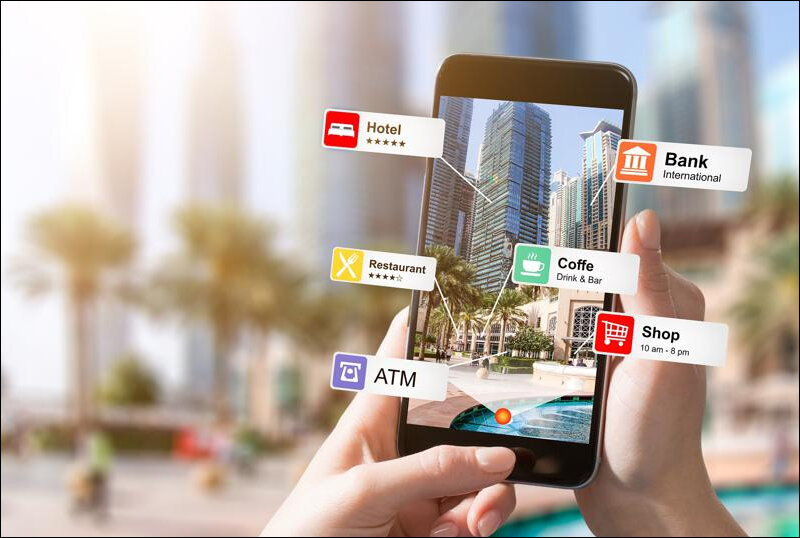
Convenience is always the name of the game and the same is true for the travel industry. When it comes to travelling, consumer behavior can be easily summarized in three points:
- Modern clients demand assistance with more immediacy than ever before
- Consumers expect a seamless experience when interacting with brands across channels
- Customers respond positively to personalized content and services
As with most other industries, advancement in technology has severely altered the way people travel. In fact, with every passing year, travel is becoming easier thanks to technological inroads. Here are 10 ways in which technology has impacted the travel industry:
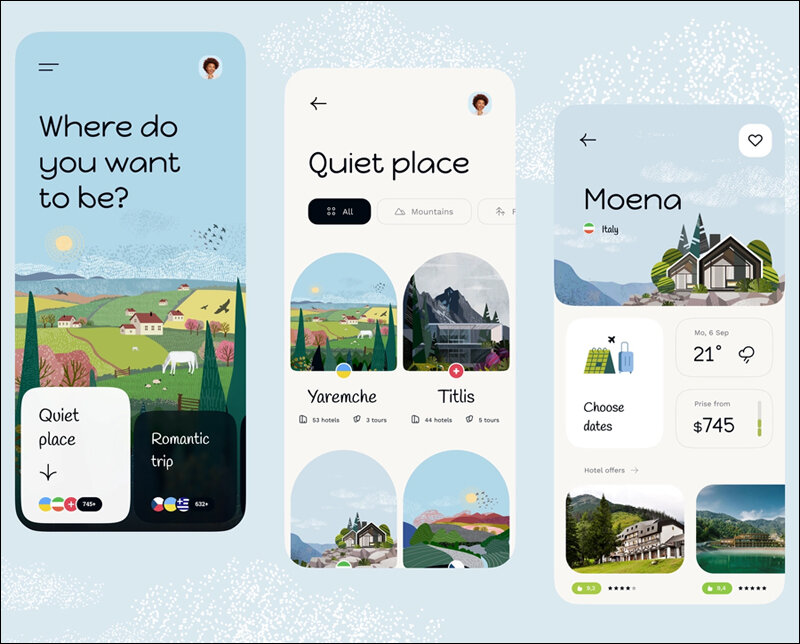
1. Travel Apps
Travel apps have transformed the lives of travelers. Whether it is booking flights and trains or making hotel reservations, these apps have settings and filters that cater to all requirements and budgets. Apart from bookings and reservations, these apps also offer suggestions about where to eat, what to see etc. in the destinations you are travelling to. Most apps even have travel advisories and dos and don’ts for each city and country which helps if you are visiting for the first time.
Though not strictly a travel app, Maps are also a godsend for travelers. Whether you are driving or hiking, maps mean that you will never really lose your way and can always find your destination without a navigator.
2. Travel Assist Chatbots
Chatbots are taking travel convenience to the next level. It enables travelers to talk to customer care executives or artificial intelligence via a chat interface. By employing AI, a chatbot can answer the most asked questions instantaneously. Travelers can check rates, availability and make bookings directly.
If AI is not able to answer a question, it can pass off the request to a customer care executive. By using chatbots, the travel industry has a tool to provide travelers with the right answers at the right time.
3. Electronic Payment
UPI and cashless transactions have use cases in all industries, but it is especially helpful for travelers. It is convenient as they do not need to keep too much cash with them or worry about losing their cards. Moreover, apart from convenience, there is a safety angle as well as travelers do not have to worry about being robbed. This also spares them the trouble of having to stand in long queues or decipher foreign languages to make outstation ATM withdrawals.
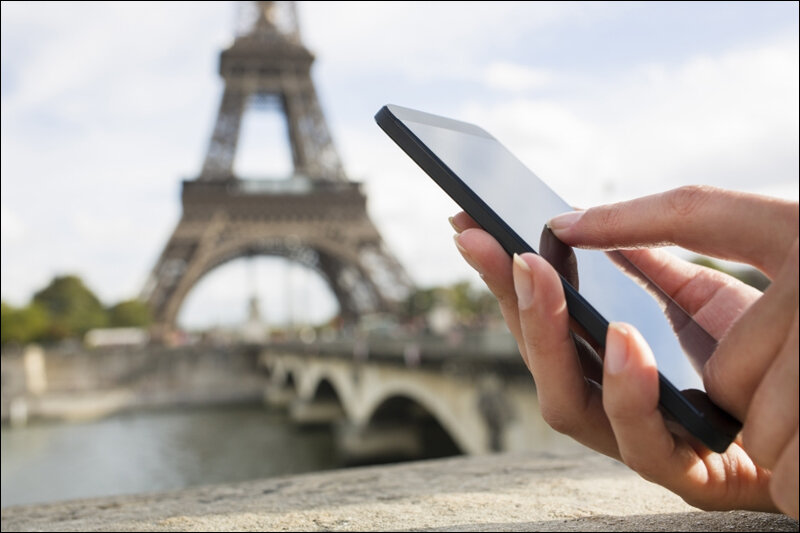
4. Personalized Experiences
In every service industry, personalized experiences trump generalized options any day. And when it comes to planning a holiday, curated trips are the buzzword. Everyone has different agendas when planning a trip and so these personalized experiences can ensure that each trip is tailormade to the traveler’s requirements.
5. Social Media
Social media has a lot of negative sentiments around it, but it can be very useful when it comes to travel advice. One can find a lot of options for hotels, restaurants and transportation in various cities and countries by checking on Instagram or Facebook. A lot of ideas and inspiration comes from fellow travelers as do budget friendly places to stay and eat. With travel influences on the rise, social media is now full of options and ideas.
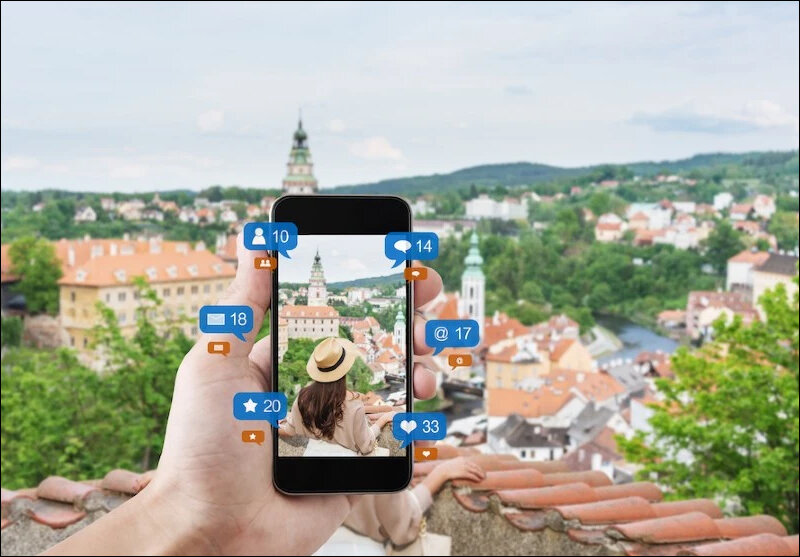
6. Language Barriers
There was a time when travelling to a country with a foreign language meant that you were in for all kinds of confusion and inconveniences. Not anymore! With apps like Google Translate, one can easily converse with locals by translating any message instantly. The app even allows you to translate signs and menus in real time. Apart from that, there are apps like Duolingo which help you pick up the basics of any language in no time so if you really want to, you can make sure you know the basics before you touchdown in your destination.
7. Remote Working
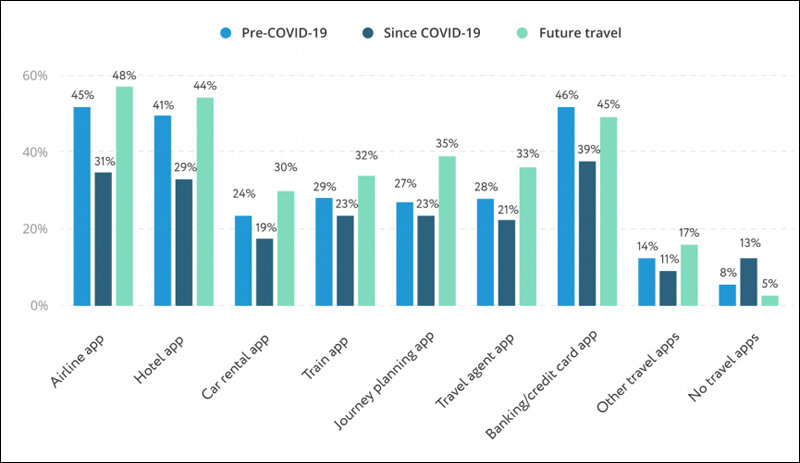
Especially after Covid-19, remote working has become a common spectacle. More and more people are choosing to work out of remote destinations as they mix work and travel. It has become more convenient with superior technology. A laptop and good Wi-Fi are all one needs to work out of the mountains or facing a beach. In fact, if there is no Wi-Fi, people are using hotspots to get meetings and assignments done. Thanks to this arrangement, people do not even need to leave work to travel anymore.

8. Packing Routines
You may not have realized it, but technology is helping shrink your luggage. You no longer need a music player to listen to music, all you need to be a Spotify or iTunes account. Same is for other gadgets like cameras and video recorders, everything is on your phone. Even when it comes to books, you do not have to lug them around anymore. Having a kindle or carrying a PDF in your tablet means you can save a lot of space in your luggage.
9. AR & VR
Virtual Reality (VR) in travel lets you explore new locations virtually. You can take a virtual tour before booking a room or a restaurant before making a hotel or dinner reservation.
Earlier too, you could check out videos on YouTube, but VR will make you feel as if you are there. With Augmented Reality (AR), you can also take room tours and engage in various hotel facilities. It is applicable everywhere. In fact, you can check out an airplane and make sure your carry-on luggage is the right size. With more developments in this field, it is going to be an inseparable feature in future travel.

10. Eco-Friendly Travel
With most bookings and reservations made online, a lot of paper is saved as there are no more requirements for hard copies. The same applies for airline tickets, boarding passes, hotel reservations and so much more. This might not seem like much, but every little bit counts as we face an uphill battle in saving the environment.
Can you think of any other ways in which technology has made travelling easier? Let us know in the comments section.
In case you missed:
- WhatsApp to Allow Cross-Functional Chatting Soon
- Top 5 Tech Trends in 2024
- How AI is transforming the Way We Work!
- What Passwords are Indians using, how safe are these?
- Work Video Calls are having an Adverse Effect on our Brains!
- All about Phubbing: The Latest Tech Epidemic
- All You Need to Know about Gemini, Google’s Response to ChatGPT
- Things to know before Flying a Drone in India
- Google & Airtel to bring High-Speed Internet to Rural India with Laser Technology
- Elon Musk says X will now be payable for New Users



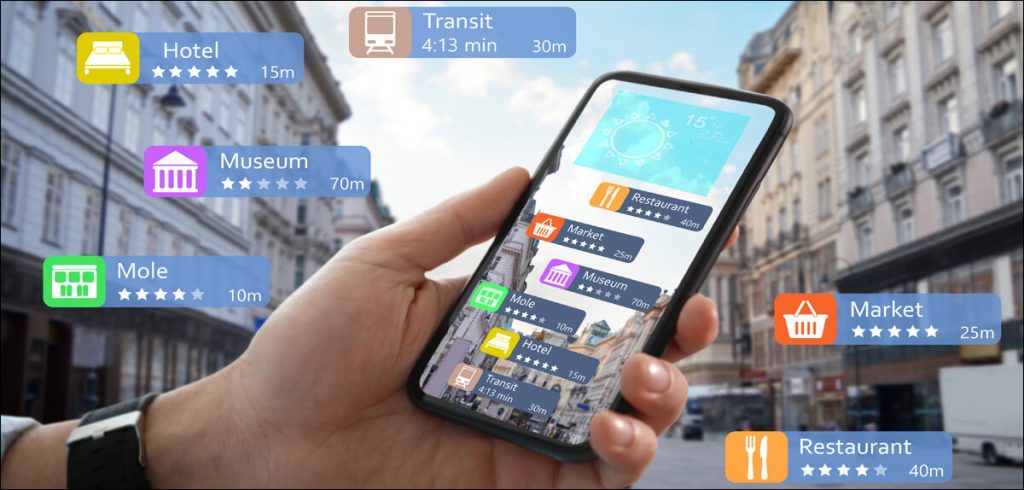






1 Comment
Technology has undeniably transformed the travel industry, and the emergence of travel app development is a game-changer. These apps simplify the entire travel experience, from booking flights and accommodations to providing real-time updates on destinations. They’ve made it easier for travelers to plan, stay informed, and navigate unfamiliar places. Furthermore, the integration of AI and AR technologies enhances the overall experience, offering personalized recommendations and immersive experiences. As we embrace this digital revolution, travel app development continues to shape the industry, making travel more convenient and enjoyable. It’s an exciting time for both travelers and the travel industry alike!